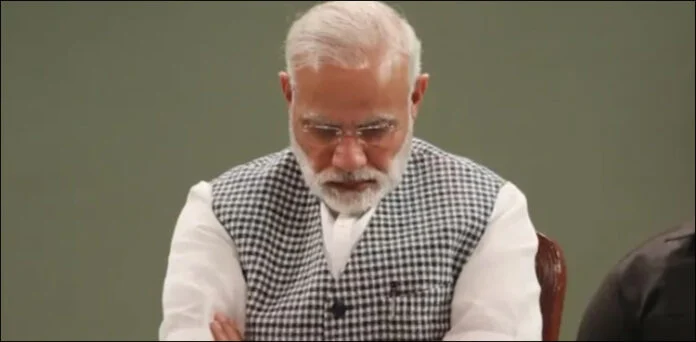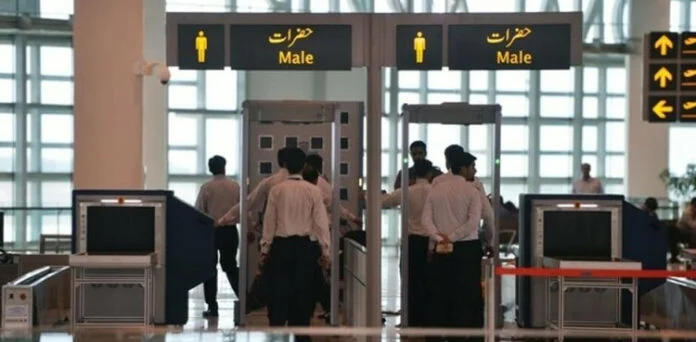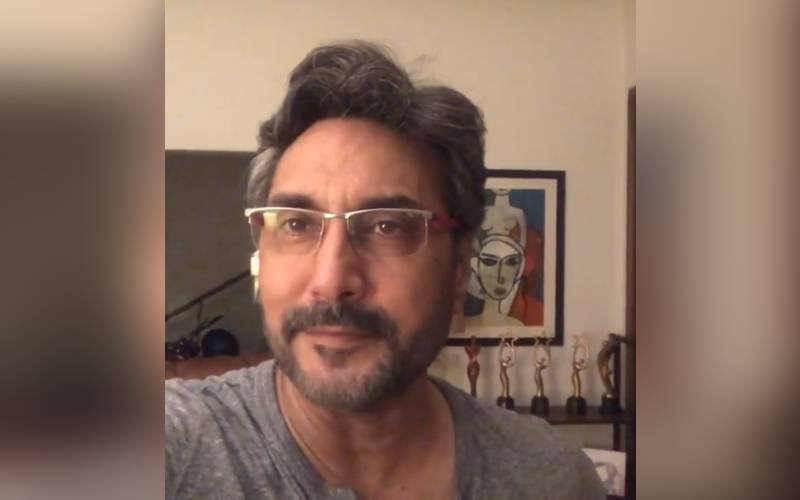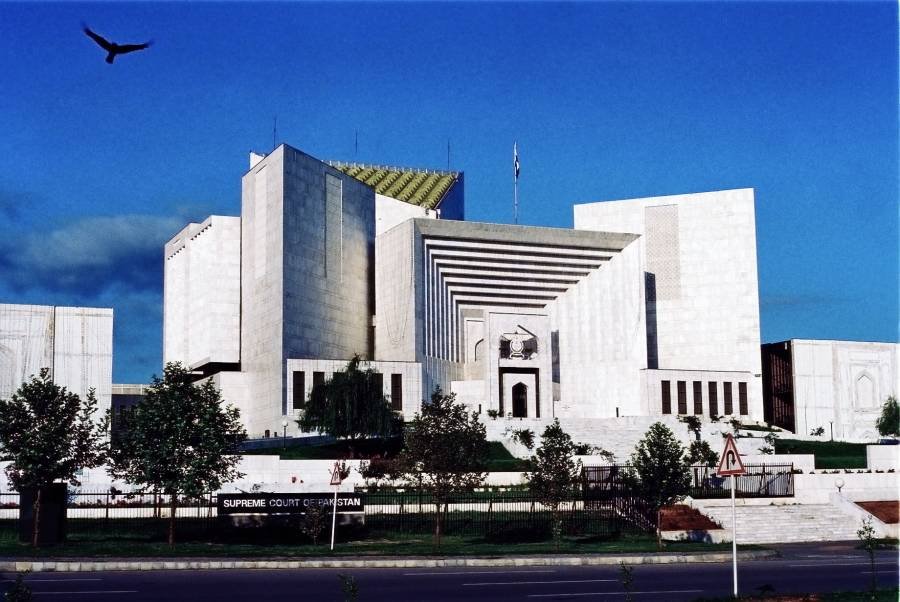
Estonia’s Chancellor of Justice, Ülle Madise, has proposed changes to the Citizenship Act to allow children of stateless parents to acquire Estonian citizenship, even if one of the parents has not lived in Estonia for the required five years. Currently, children born in Estonia to stateless parents who are legally residing in the country can be granted citizenship at birth if they are born after January 1, 2016. However, the law also states that for a stateless child born in Estonia to parents without citizenship, at least one parent must have lived in Estonia with legal residence for five years before the child’s birth for the child to automatically be eligible for citizenship.
If the five-year residency requirement is not met, the child is not automatically granted Estonian citizenship.
In a memorandum to the Riigikogu’s Constitutional Affairs Committee, Madise argued that stateless children should be allowed to apply for Estonian citizenship even if their parents have not lived in the country for the required five years at the time of the child’s birth.
The five-year residency requirement has caused difficulties in certain cases. For example, a parent reached out to the Chancellor of Justice regarding their stateless child, born in Estonia in 2018, who had been unable to obtain citizenship. Upon investigation, it was found that a gap in the Citizenship Act prevents stateless children from obtaining citizenship if neither parent holds citizenship, and one of the parents has not met the five-year residency requirement before the child’s birth. In this case, the child’s mother had lived in Estonia her whole life with a long-term residence permit, while the father, also stateless, had lived in the country with a residence permit for less than five years before the child’s birth.
Under the current law, the child cannot obtain citizenship, even if the second parent had met the residency requirement. After birth, the child could only acquire Estonian citizenship if at least one parent applies for it, or the child applies themselves after reaching 15 years of age.
Madise emphasized that Estonia has an obligation to prevent children from being left stateless and believes that the existing law unfairly limits children’s rights.




















